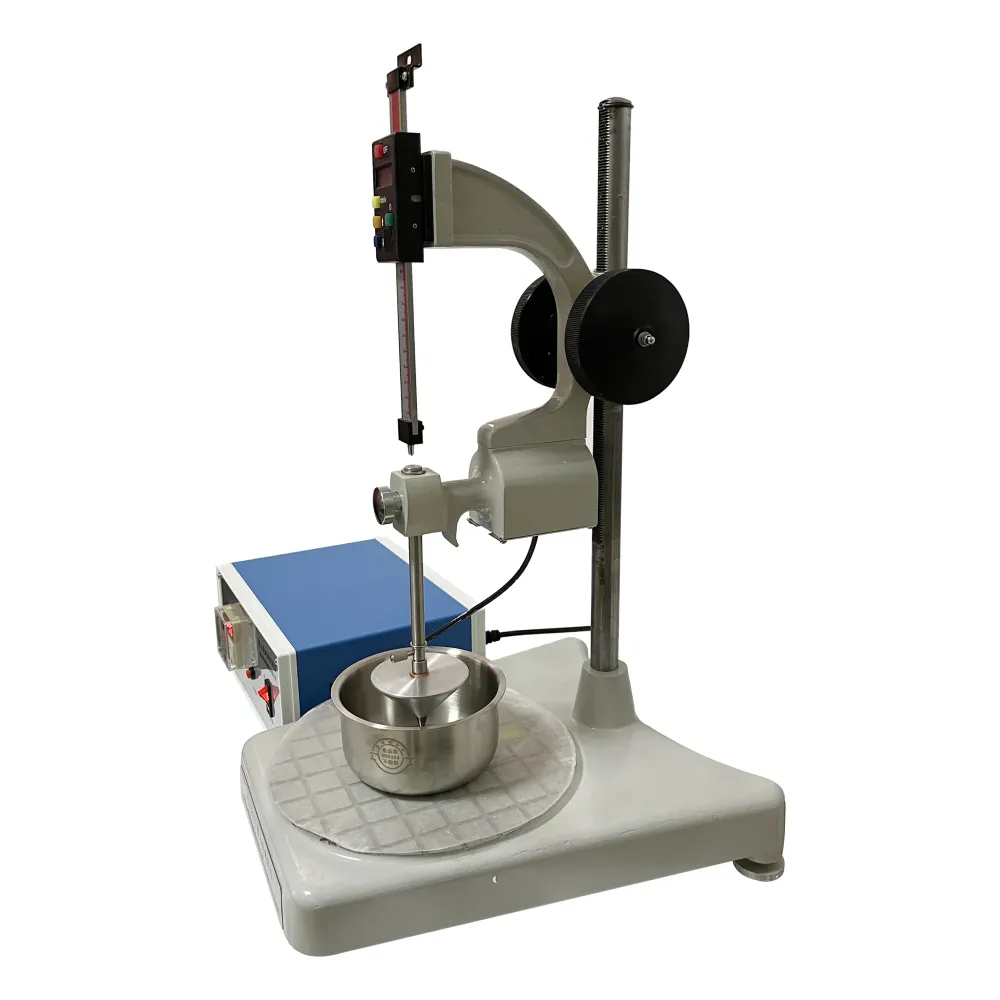 English
English


Lightning Impulse Test on Transformer
Lightning Impulse Test on Transformers
The lightning impulse test is an essential procedure conducted on transformers to assess their ability to withstand high-voltage transients caused by lightning strikes or switching operations. This test is vital for ensuring the reliability and safety of transformer operations in electrical networks.
Lightning Impulse Test on Transformers
The lightning impulse test simulates the electrical stress that transformers may encounter during service. It involves applying a high-voltage impulse, characterized by a rapid rise time and a specified peak voltage. This is typically done using a Marx generator, which generates the necessary impulse waves. The standard impulse wave shape used in these tests is defined as a combination of a fast front time (1.2 microseconds) and a longer tail (50 microseconds), commonly referred to as a 1.2/50 µs impulse wave.
lightning impulse test on transformer

During the test, the transformer is subjected to the impulse voltage, and the response is carefully monitored. The key parameters observed include the insulation system's breakdown voltage, dielectric strength, and overall integrity. The results help engineers determine whether the transformer meets the necessary standards for operation in high-voltage environments, thereby minimizing the risk of failure due to overvoltage conditions.
Additionally, the test serves as a diagnostic tool, revealing any weaknesses in the insulation system. If the transformer fails the test, it indicates potential vulnerabilities, prompting further investigation and corrective measures before the transformer can be placed into service.
In conclusion, the lightning impulse test is a crucial assessment for transformers within power systems. By simulating the effects of lightning strikes and other high-voltage transients, this test ensures that transformers are robust and capable of withstanding electrical stresses encountered during their operational life. Regular testing not only enhances the reliability of power systems but also safeguards against catastrophic failures that could lead to widespread power outages and safety hazards. As technology advances, continuous improvements in testing methodologies will further enhance the resilience and efficiency of these vital electrical components.
-
Differences between open cup flash point tester and closed cup flash point testerNewsOct.31,2024
-
The Reliable Load Tap ChangerNewsOct.23,2024
-
The Essential Guide to Hipot TestersNewsOct.23,2024
-
The Digital Insulation TesterNewsOct.23,2024
-
The Best Earth Loop Impedance Tester for SaleNewsOct.23,2024
-
Tan Delta Tester--The Essential Tool for Electrical Insulation TestingNewsOct.23,2024





